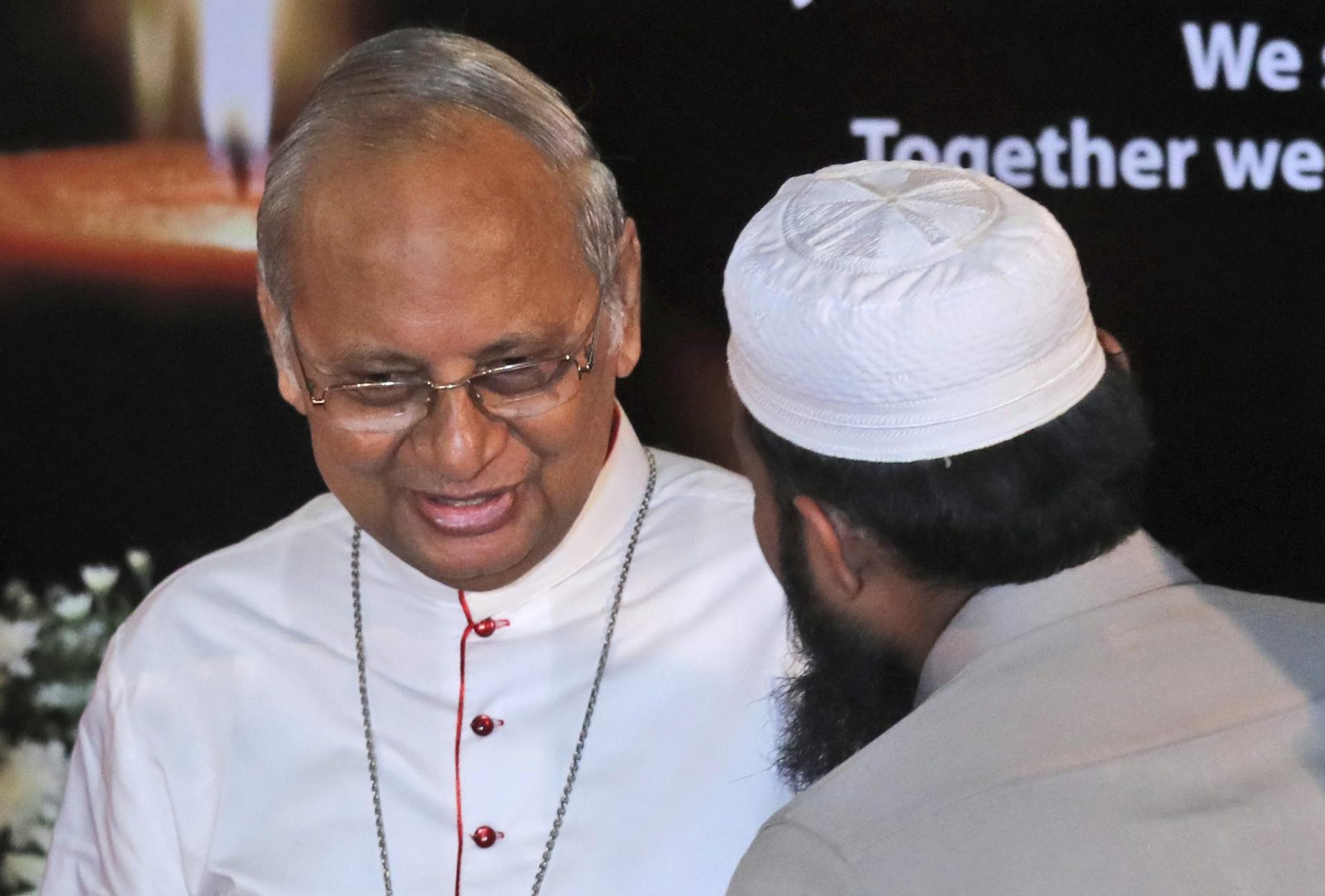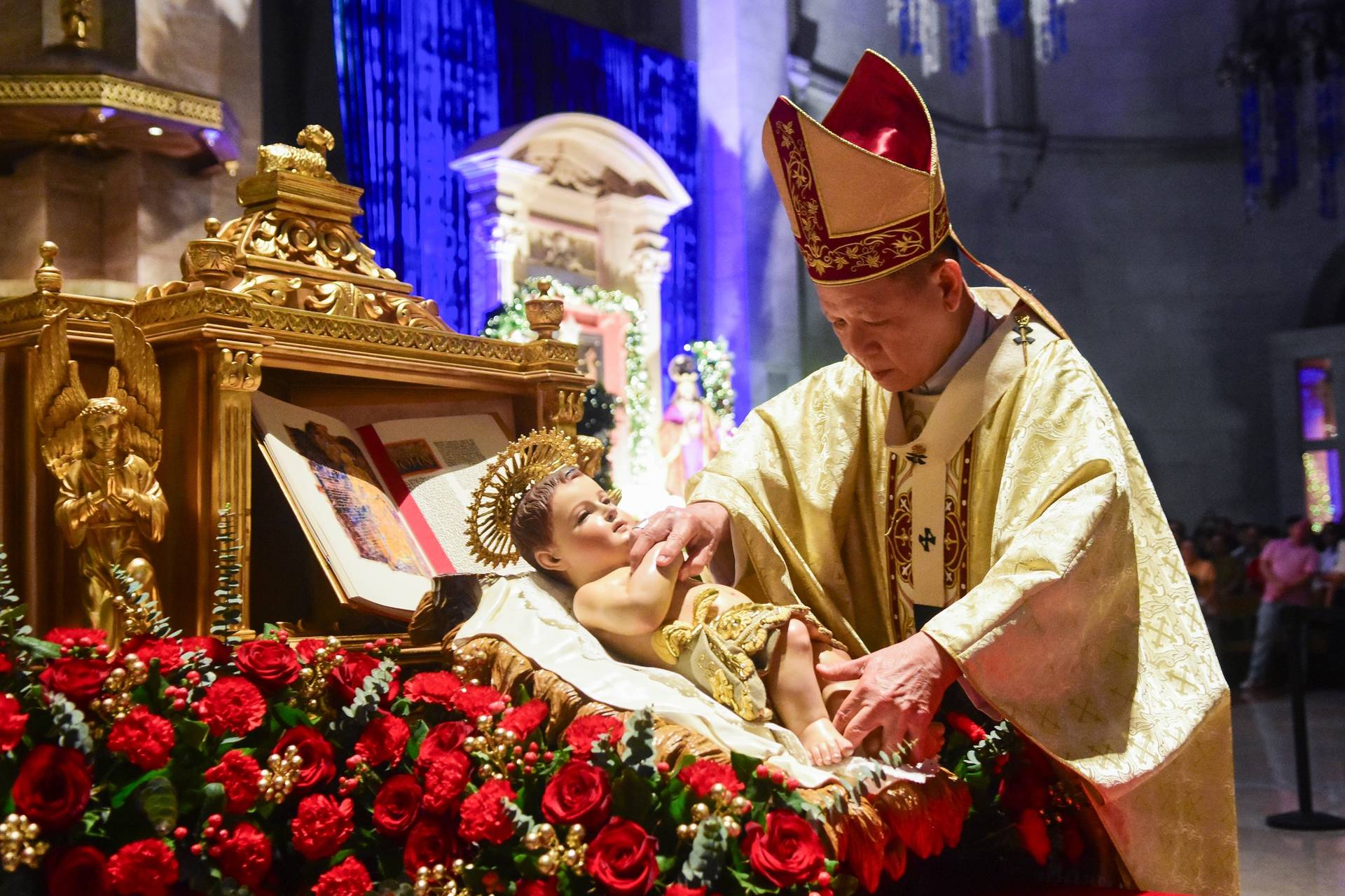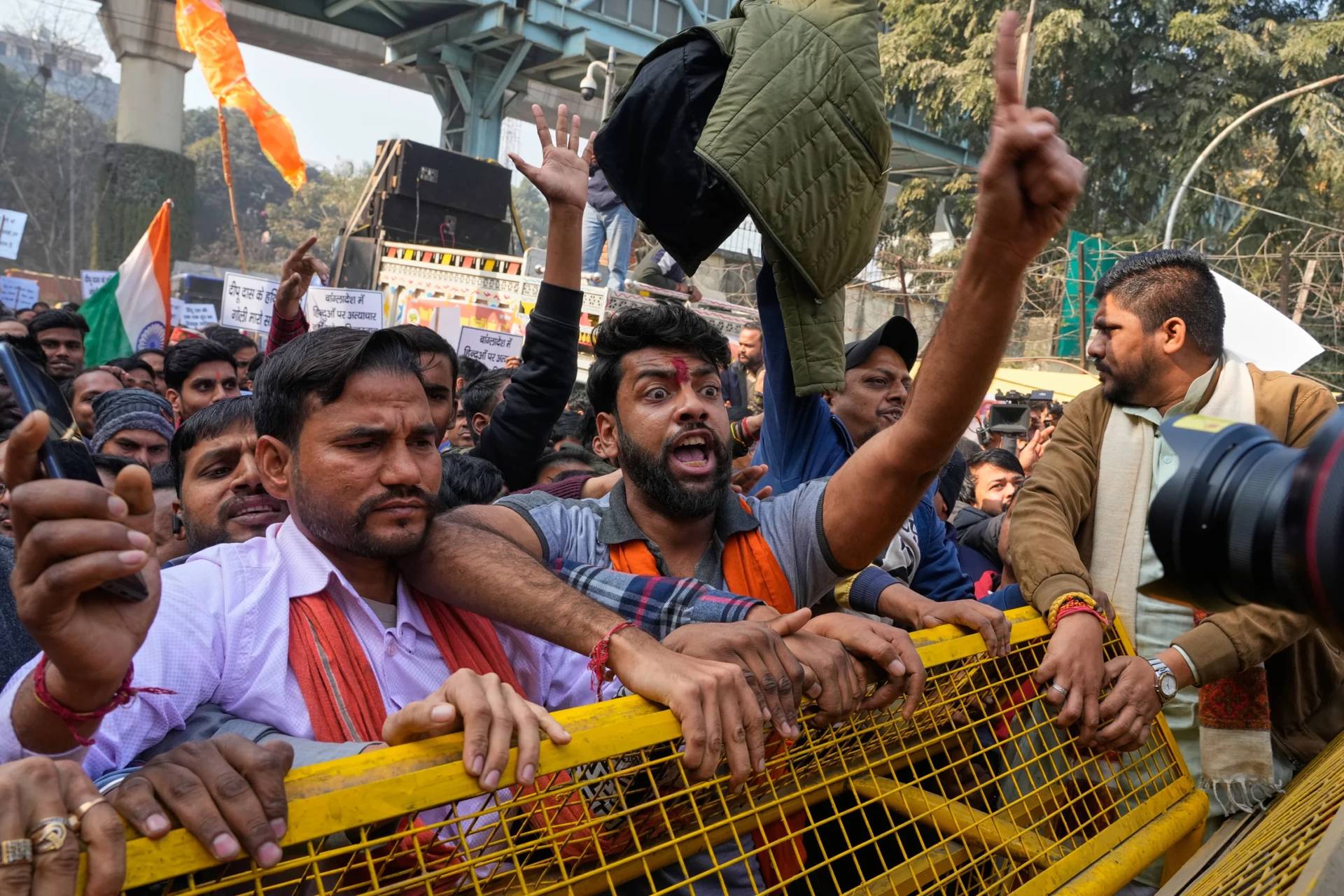ROME – Two months after the deadly terrorist attacks that devastated Sri Lanka on Easter Sunday, a local cardinal denounced on Thursday “a serious lapse of responsibility on the part of the government of Sri Lanka,” which had been warned of the threat.
“The government of Sri Lanka was informed about this attack on April 4th by the Indian secret service,” said Cardinal Malcolm Ranjith, Archbishop of Colombo, Sri Lanka, during a press conference in Rome June 20.
“If I had known that there was an attack planned, I would have emptied all the churches and told the people to go home,” he added. “We could have protected them.”
The cardinal’s comments took place on the same day that Sri Lankan authorities ordered criminal charges against security personnel in Sri Lanka for “lapses” that could have avoided the Easter carnage on April 21.
Starting at 8:45 am, as Easter Sunday morning Masses had begun, suicide attacks took place at St. Anthony’s Shrine at Kochchikade in Colombo, St. Sebastian’s Church at Katuwapitiya in Negombo and the Zion Church in Batticaloa. Three five-star hotels located in Colombo were also attacked.
More than 250 people died, including many children.
According to reports, authorities in the country were warned several times about the threat of a terrorist attack in April, including the same morning the attacks took place. Two years ago, the cardinal noted, the local police found jihadist training camps with explosives and weapons.
“They did not do anything about it. In fact the people arrested were released by the Sri Lanka government and this whole episode was forgotten,” Ranjith said.
The cardinal said that the Christian community in the country was “very moved and shocked” by the attacks, because there had been a sense of “community and brotherhood” between the various religions in the Buddhist majority country.
“From the first moment I was convinced that it wasn’t our Muslim brothers who had done this attack, that behind this attack there is someone with global political interests,” Ranjith said.
“For this reason, I asked Catholics, and Buddhists and everyone else, to not raise their hands against our Muslim brothers, because it was clear that the Muslim community had nothing to do with this.”
The cardinal has dedicated his efforts to maintaining the tenuous peace that holds the country together and rebuilding the Christian community after the attacks. The local church is dedicated to giving support to the broken people, families and orphans that were impacted by the tragic event.
“There was a man who lost his wife and three children. When I went to visit him, he told me that before when he used to come home from work his three sons would run to him. Today there is no one. Just the house…” the cardinal said, moved to tears.
Ranjith’s comments were made at a press conference presenting the Annual Report of the papal charity Aid to the Church in Need (ACN), which is dedicated to offering financial aid and formation support for persecuted Christians worldwide.
This year, ACN sent almost $140,000 to Sri Lanka to rebuild churches, buy transportation methods and offer formation, and the group’s leadership expressed “a deep readiness and an openness” to giving more.
“After Easter Sunday 2019 we will increase and build a bridge between our benefactors and the people of Sri Lanka, we will certainly contribute for the health, support and treatment of the traumatized victims in your diocese,” said Thomas Heine-Geldern, Executive President of ACN-International, at the press conference.
In 2018, ACN has given over $125 million for aid projects around the globe. Most of the money was spent in Africa (27 percent) and the Middle East (25 percent), especially in Syria and Iraq. More than 12 percent of the Catholic charity’s funds were used for emergency situations pertaining to Christians.
“People on the street are not aware of the fact that we stand before the most difficult situation of religious persecution in centuries,” Heine-Geldern said.
Ranjith, who was made a cardinal by Pope Benedict XVI in 2010, thanked ACN for their help and support following the terrorist attacks.
On Thursday afternoon, the cardinal met with Pope Francis, where he showed him footage of the terrorists and the aftermath of the attacks, as well as the efforts by the local church to defuse the situation by reaching out to political and religious forces in the country.
“I know the Holy Father was very moved by this tragic event,” Ranjith said.
“Currently the situation is very calm,” he said. “Let’s hope it stays calm, because there are political forces within that we must monitor so that they don’t give a political interpretation to what happened.”
According to the cardinal, a presidential election soon awaits the South Asian country. Meanwhile, doubts remain as to the president’s own culpability in the attacks, and the political situation remains in flux.
“We must protect the country from these forces that attempt to divide us,” Ranjith said, adding that Sri Lanka remains on high alert for other threats, especially since five more training camps for extremists were found in the country.
“There is the suspicion that there are other suicide bombers. So now we must be careful and the surveillance in the country continues,” he said.














